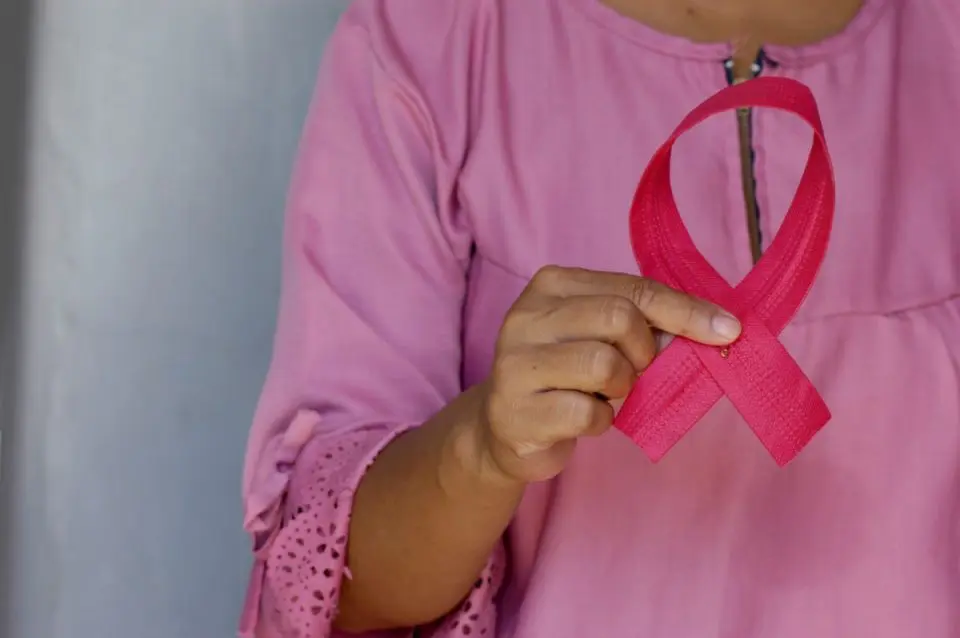KUALA LUMPUR, Feb 3 — Cancer is the world’s leading cause of death and in Malaysia, a survey in 2018 by the Ministry of Health showed cancer as the fourth biggest killer in the country.
Cancer cases continue to be on the rise every year, with almost 60 per cent of them detected at a later stage, thus reducing the survival rate of these patients.
When it comes to precisely determining the patient’s type of cancer as well as the best treatment that might work for them, doctors would utilise human genome mapping to examine tumours at the genetic level.
Using this approach, incredible advancement has been achieved in breast cancer treatment due to the analysis of thousands of breast cancer samples from countries such as the United States, United Kingdom and Canada.
Unfortunately, the majority of characterised genomes (the sum total of an organism’s deoxyribonucleic acid or DNA) used in breast cancer research were from Caucasian women – with less than five per cent from women of Asian descent even though Asians make up more than half of the world’s population.
To address this issue, Cancer Research Malaysia (CRMY) has collaborated with the University of Cambridge in England and Subang Jaya Medical Centre (SJMC) in a study to create the largest genetic and genomic database of Asian breast cancers to date.
Largest genetic, genomic map
CRMY chief scientific officer Prof Datin Paduka Dr Teo Soo Hwang, who led the study, said the genomic information enables doctors to be more precise in diagnosis, as well as choose the right treatment for the patient.
“It was critical for us to close the gap in Asian genomic research, otherwise we may miss important genetic information that may be rare in Caucasians, but common in Asians,” she told Bernama.
Through the study, they discovered that Asians are at a higher risk of developing an aggressive type of breast cancer and are more likely to have a mutated TP53 gene and have an enriched immune tumour profile.
The publication of their research findings in the prestigious Nature Communications science journal in its Dec 22, 2020 edition has opened the door to improving precision medicine for Asian breast cancer patients, she said.
“This database is really an important milestone in our mission to save lives through research on Asians, as we aim to continue to ensure that genomics research is more diverse and inclusive so that all populations can benefit from the advances in technology,” she added.
The study, carried out between 2012 and 2019, saw the collaboration of CRMY with Prof Carlos Caldas and Dr Suet-Feung Chin from the University of Cambridge-based Cancer Research UK Cambridge Institute, and Prof Pathmanathan Rajadurai and Professor Emeritus Datuk Dr Yip Cheng Har from SJMC.
The study was supported by research grants and charitable funding from the UK Medical Research Council via the Newton-Ungku Omar Fund, Scientex Foundation, Sime Darby Foundation, Petronas Foundation, Cancer Research UK and Estee Lauder Group of Companies.
HER2 subtype more common among Asians
Dr Yip, who is a consultant breast surgeon at SJMC, said the genomic sequences of 560 breast cancer tumour samples were analysed during the study and the researchers discovered that an aggressive subtype of breast cancer that expresses the HER2 protein was more common in Asian women compared to Caucasians.
Primary tumour tissue and blood samples (including three matched bilateral and one matched primary-recurrence samples) were obtained from the 560 female patients with breast cancer, treated at SJMC between 2012 and 2017, who participated in the study.
“The HER2 subtype of breast cancer is one of the most aggressive, and it is becoming clear that the risk factors may be different from other types of breast cancer. Our study highlights that Asians have a higher risk of this type of aggressive disease and underscores the need to do more research on Asians so that we can save more lives,” Dr Yip said.
Additionally, their research also showed that the TP53 gene – often called the “guardian of the genome” because it protects normal cells from becoming cancer cells – is more commonly altered in Asian breast cancers compared to that of Caucasians.
Their study showed that one in three Asian breast cancer patients have this gene alteration and there is no treatment that is targeted at these cancers, which means that more needs to be done to help the researchers understand why Asians have TP53 mutations and how to improve the patients’ survival.
Clinical trial
University of Cambridge senior research associate Dr Suet-Feung Chin, who co-led the study, said the TP53 gene is frequently mutated in the more aggressive hormone negative breast cancers in Caucasian women.
“In Asian breast cancer patients, we observe an increase in TP53 mutations in hormone receptor-positive cases and is associated with poorer survival,” she said.
Meanwhile, CRMY deputy head of bioinformatics Dr Pan Jia Wern said the researchers also observed that Asian breast cancers were more likely to have immune cells present.
He also suggested that if researchers can find some way to lift the cloak of invisibility that cancers have to evade detection by the immune system, it may improve survival for Asian breast cancer patients.
The researchers also noted that the creation of the genomics map has enabled new thinking about the treatment of breast cancers among Asians.
To this effect, a new clinical trial to test immunotherapy in Asian breast cancer patients started in July 2020 and it is led by CRMY, in partnership with oncologists from Universiti Malaya and the National University Hospital Singapore.
— Bernama





